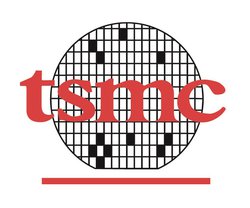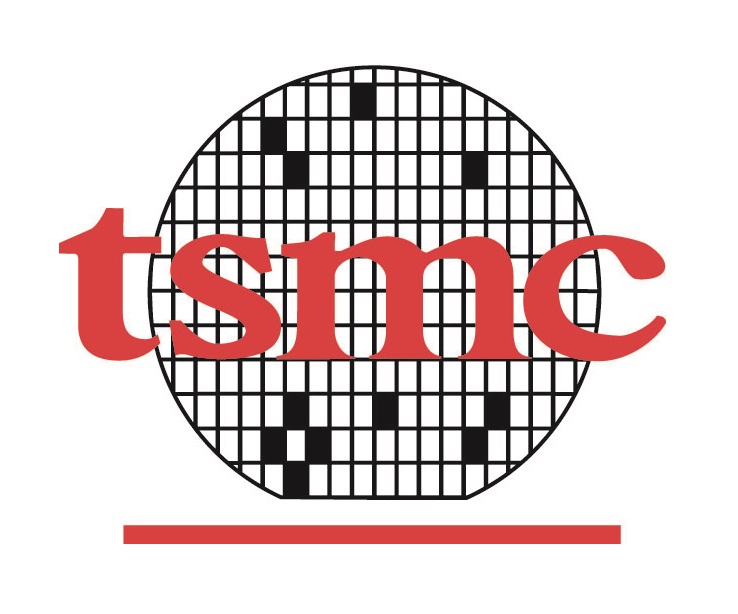
Jan. 22, 2018
By: Michael Feldman
Chip manufacturer Taiwan Semiconductor Manufacturing Company (TSMC) reported double-digit growth for its HPC segment in 2017 and expects that trend to continue through 2018.
 TSMC had a banner year in chip sales in 2017, recording a record revenue of $32.1 billion, half of which made it to the bottom line. In 2018, the chip manufacturer expects those numbers to rise by 10 to 15 percent, buoyed by the company’s fastest-growing segments. Those include mobile, automotive, IoT, and high performance computing (HPC). But according to TSMC Co-CEO Mark Liu, “we estimate that the high performance computing platform will register the strongest growth in US dollars.”
TSMC had a banner year in chip sales in 2017, recording a record revenue of $32.1 billion, half of which made it to the bottom line. In 2018, the chip manufacturer expects those numbers to rise by 10 to 15 percent, buoyed by the company’s fastest-growing segments. Those include mobile, automotive, IoT, and high performance computing (HPC). But according to TSMC Co-CEO Mark Liu, “we estimate that the high performance computing platform will register the strongest growth in US dollars.”
In TSMC parlance, HPC encompasses traditional high performance computing, as well as AI and cryptocurrency mining. The latter two have been growing exceptionally fast and are to a large degree powered by high-end GPUs from both NVIDIA and AMD. NVIDIA, of course, has been going gangbusters in the AI space, while AMD has only played a minor role there. However, both companies, have done well in the crypto-mining market of late, since GPUs have become popular platforms for mining Bitcoin, Ethereum, and other cryptocurrencies.
At this point, TSMC is manufacturing all these GPUs for NVIDIA, while AMD has, for the most part, stuck with GlobalFoundaries. Due to die yield issues though, AMD is looking to switch to TSMC for its 7nm GPUs, which may be yet another reason TSMC is so bullish for 2018. TSMC is also the manufacturer for Bitmain, a Beijing-based multinational that is probably the biggest provider of custom-made crypto-mining chips in the world. There’s a good chance TSMC is also manufacturing Google’s TPU AI processors, although the search giant has not publicly revealed who the lucky chipmaker actually is.
TSMC’s chip-on-wafer-on-substrate (CoWoS) packaging technology is key to the company’s success in the high-performance space, since it’s this technology that is used to integrate high bandwidth memory (like HBM2) modules onto the processor die. As it turns out, these ultra-fast memory modules are not only good for conventional HPC, but for AI and crypto-mining applications as well.
“We have developed CoWoS to support the requirements of HPC applications, particularly the area of AI, data server and networking,” said TSMC Co-CEO C. C. Wei. “We see more customers engaging with us in this technology, and we expect to receive more than 30 tape-outs in the next 3 years. Most of the products today are using 16-nanometer technology. We are actively developing CoWoS for 7-nanometer starting from this year.”
Speaking of which, TSMC looks like it will be the first foundry to hit the 7nm node, which will give it an edge on competitors like GlobalFoundries and Samsung. By the end of this year, TSMC expects to tape out more than 50 products at 7nm, some of which are AI chips. Note that node geometries are no longer consistent across manufactures. For example, Intel’s 10nm node is considered to be roughly equivalent to TSMC’s 7nm node.
TSMC is also moving aggressively with its extreme ultraviolet lithography (EUV) technology, which is expected to debut in the second generation of its 7nm node. EUV is considered the only practical way to etch transistors once you get too deep into single-digit-nanometer territory. TSMC anticipates high volume production of its EUV-based 7nm chips to begin in 2019, followed by 5nm chips in 2020. According to Liu, 3nm technology is already in the works, although he wouldn’t offer a timeframe when those chips would start rolling out.
